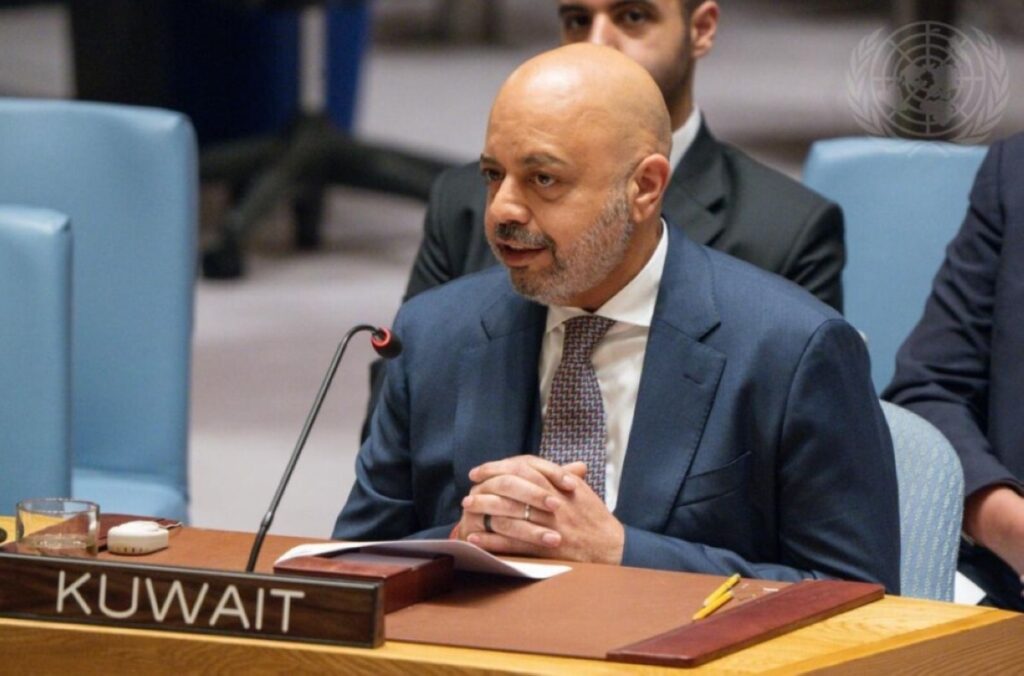NEW YORK: UN member states have praised Kuwait for steering difficult negotiations on reforming the Security Council, one of the most divisive and long-running issues at the United Nations. The recognition came during the General Assembly’s 89th meeting of its 79th session, under the agenda item on equitable representation and increase in the membership of the Security Council.
Kuwait’s Ambassador Tareq Al-Bannai has co-chaired the Intergovernmental Negotiations (IGN) on reform for nearly three years, a mandate set to end in September. Alongside Austria’s former envoy Alexander Marschik, he presented a revised framework paper outlining areas of agreement and disagreement among member states. The Assembly adopted by consensus a decision to keep the negotiations moving into the next session, urging members to continue working toward a common reform model.
In a May interview with UN News, Ambassador Al-Bannai said reforming the Council is not only inevitable but essential to restore trust in the UN, especially in the Arab world. “Honestly, that feeling is understandable—especially from an Arab perspective,” he said, citing frustration over the Council’s failure to act on Gaza. “We see our issues discussed but without solutions. We see resolutions passed, but not implemented.”
He argued that the Council, created in 1945, no longer reflects today’s realities. “1945 is not 2025,” he said. “If there will be an expansion in permanent membership with full rights—including the veto—then there must be an Arab country represented.”
Several groups openly welcomed Kuwait’s role. The L.69 group, represented by Saint Vincent and the Grenadines, praised Al-Bannai’s “wise leadership” and highlighted the Taxel Talks—an open-house style discussion platform that allowed five rounds of candid exchanges over the past nine months. The African Group, through Sierra Leone, commended his efforts to revive the reform track and address what it called the “historical injustice” of Africa’s underrepresentation.
China, Pakistan, the Uniting for Consensus bloc, and the Arab Group also voiced support, saying the co-chairs’ “practical and innovative” approach helped narrow gaps and identify realistic paths forward.
Kuwait pledged to keep the process “transparent, inclusive, and balanced,” stressing that member states must remain in control of the talks while momentum is preserved. The Assembly president closed the session by thanking the facilitators for their patience in guiding what he called “a complex file.” — Agencies

